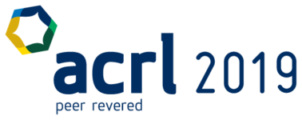Session Description:
Supplementing your digital catalogs with in-demand trade titles for audiobooks and ebooks produces engagement with students and staff alike. In this session learn how offering mobile and offline reading and listening of both top fiction and non-fiction titles will bring new users to your library and engage with your catalog and collections. Learn how best practices and successful real-life examples from campaigns, including online and in-library outreach, have produced impressive results for busy students on the go. Digital books are now available under a variety of access models including Demand Driven Acquisition, Simultaneous Use, as well as classroom sets for curriculum and school use. Whether you are an existing OverDrive library partner or seeking to expand your reach for new users, you won’t want to miss this presentation. Content developed and sponsored by OverDrive.
